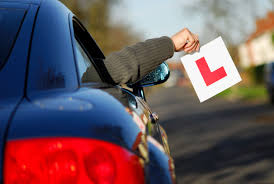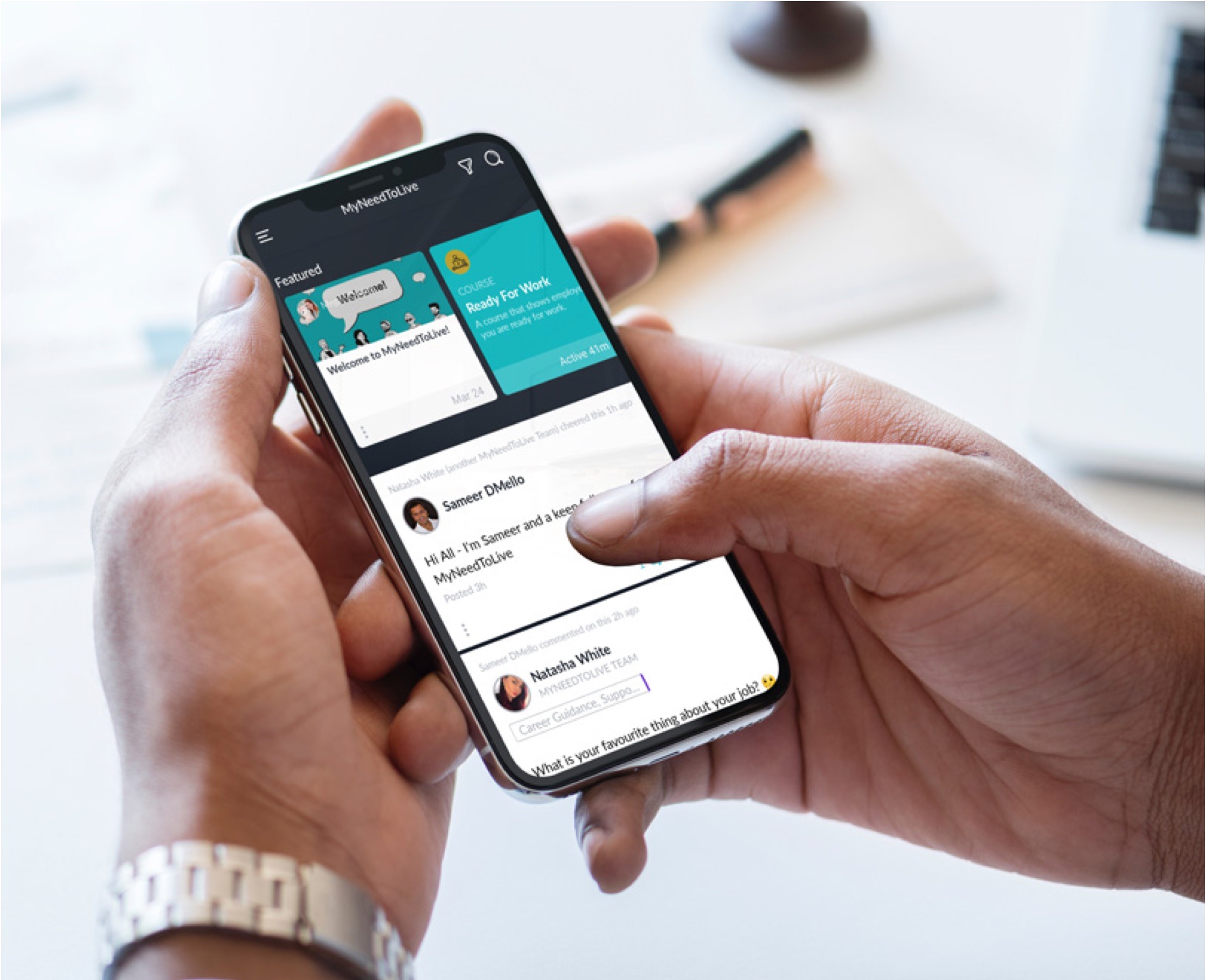Learning to drive is exciting. But it can also be one of the most challenging and rewarding things that you do in your life. The ability to drive opens up a whole wealth of possibilities that might well have passed you by if you had remained a pedestrian.
I learned to drive later than most, at the age of 31. But by doing so it gave me the freedom and the opportunity to relocate to another part of the country, changing my life for the better. I regret not learning sooner.
If you’re thinking of learning to drive, here are a few tips from me to help you along the way.
Learning to drive is expensive. There’s no denying that, and it can be tempting to just go with the cheapest option. But it’s worth taking some time to research the various driving schools and instructors in your area before you make a decision.
Most reputable instructors will have some form of online presence. Whether that be on social media or on their own website. Find out how long they have been teaching for and what their overall success rate is.
It’s also a good idea to look at any testimonials they might have from former students.
Keep in mind that you’re going to be spending a lot of time with your teacher whilst learning. So if you’re struggling to gel with them after a few lessons it may be worth trying another.
Once you begin the process of learning to drive you’ll soon see the costs build up.
One way of making your money stretch a little further is by booking blocks of lessons in bulk. Many instructors and some of the larger driving schools will offer a discount for pre-booking a certain amount of hours at once. So for example it might work out that you get 16 hours of tuition but only pay for 14.
It’s worth taking this into consideration when you come to choose your preferred instructor.
Exams are a pain. But when it comes to learning to drive passing your theory test is a necessary evil. So getting it out of the way as soon as possible is essential. Your instructor will more than likely impress this on you as well.
When I was learning to drive I bought an interactive DVD-ROM that taught you everything you needed to know in order to ace the theory and hazard perception tests. Crucially, it also contained mock versions of the actual test that you have to tackle at the test centre. I would spend an hour a day running through the various revision exercises and then take a mock test. Only when I was consistently scoring above the required pass rate did I then book my theory test.
Suffice to say, I passed the test first time.
I imagine these days you can get an app for your phone or tablet that offers a similar experience.
Remember. You can’t take the practical driving test until you’ve passed the theory. So make it a priority.
One of the main things that my instructor kept drilling into me was to check my mirrors regularly.
Slowing down? Check your mirrors.
Overtaking? Check your mirrors.
Turning off? Check your mirrors.
Setting out? Check your mirrors.
As monotonous as it sounds it’s actually really important. When you eventually take your practical test the examiner will be keeping on eye on whether you are checking all around you before undertaking any manoeuvre. So try and get into the habit of checking your rear view mirror, your side mirrors and your blind spot regularly.

Driving – like most things in life – becomes a lot easier the more you do it. So while you’re learning to drive it’s important to try and keep your hand in.
Try and have at least two hours of professional tuition per week. This keeps things consistent and fresh in your mind.
I also recommend varying the time of day that your lessons take place. When I was learning my driving lessons was always at 9:15am. As a result I had absolutely no experience of driving at night once I had qualified.
If you have access to a car away from your driving instructor, ask a qualified family member or friend to help you practise everything that you’ve learnt. Remember, they must be over 21 and have held a full driving licence for at least 3 years and you must remember to slap some L-Plates on the vehicle you’re using.
Once you’ve passed your test you’ll no doubt be itching to get out there and hit the road immediately. But before you do it’s worth considering the additional Pass Plus course.
Pass Plus is an advanced module that expands upon everything that you’ve learnt previously. During the six or so hours you’ll get a chance to drive supervised on busy dual-carriageways and motorways, in busy town centres, on challenging rural roads and after dark.
By completing the course you’ll gain valuable driving experience and an additional certificate. You also may qualify for discounts on your car insurance from certain providers.
Remember that learning to drive is a personal journey. It might take you longer to get the hang of it than your friends or you might be streets ahead of them. Not everybody passes first time. It took me three attempts to get my licence but I ended up a much more confident driver because of that.
The most important thing is to listen to your instructor, build good habits and above all stay safe.
Happy motoring!
Whether you want to grow your skills, get picked up by an employer who needs your specific knowledge, earn more qualifications for your CV, or some combination of the three, the My Need to Live community is here to support you.
Join the platform 01 March 2023
01 March 2023
 30 October 2022
30 October 2022

The My Need to Live Support Directory is a resource created by us to help 16 – 24 year olds find the help, support, organisation or practitioner you need to help them with their wellbeing when they need it.
Support directory
Chris Hack